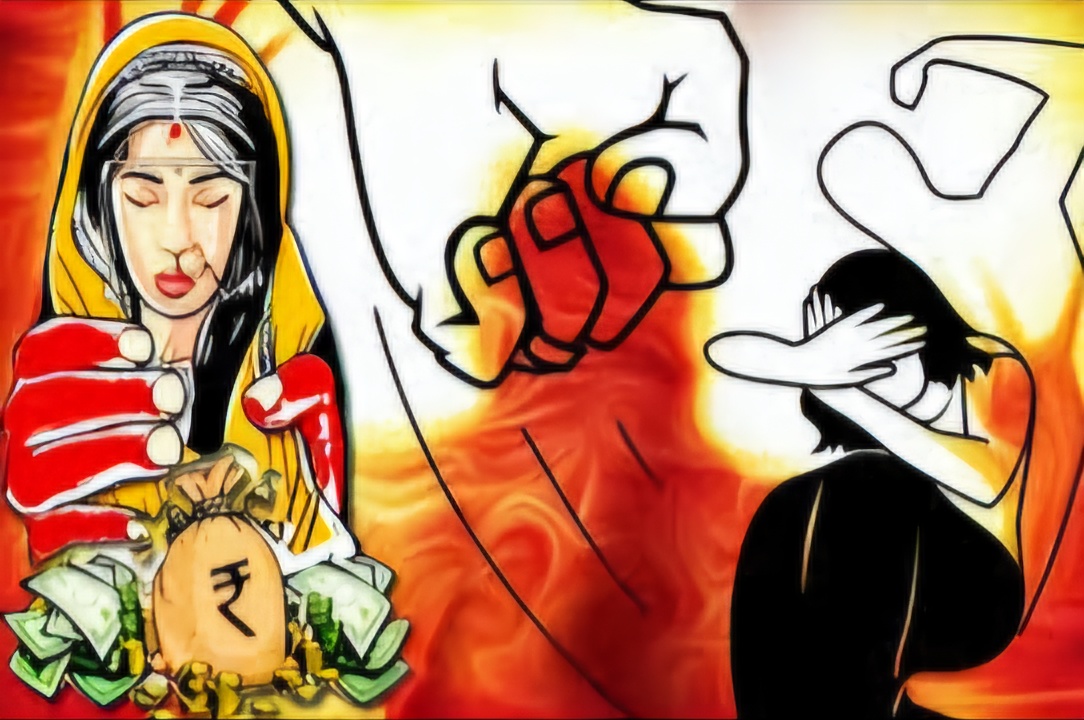


In a point of interest judgment conveyed on September 20, 2024, the Preeminent Court of India upset the conviction of Shoor Singh and Gangotri Devi, the father-in-law and mother-in-law of the expired Neelam, in a share passing case. The appellants were charged beneath Areas 304-B (endowment passing) and 498-A (remorselessness) of the Indian Correctional Code, relating to the passing of their daughter-in-law, who surrendered to burn wounds without further ado after giving birth to a male child. The court, be that as it may, found that basic components of endowment passing were not demonstrated past a sensible question, driving to their acquittal
Background of the Case
On March 1, 2006, the dead Neelam married Jitendra Singh, the appellants' son. She passed away at her married residence on January 17, 2007, as a result of severe burn injuries. Neelam's parents, Shanker Singh and Sarojini Devi, led the prosecution's allegations that she had been hounded for dowry by her husband and in-laws. The prosecution claims that Neelam informed her parents about demands for a motorcycle and Rs. 50,000 during visits on January 4 and 11, 2007, reportedly in relation to her child's naming ceremony. Neelam further stated that she feared for her life in the event that the demands were not fulfilled.
The day Neelam passed away, her father Shanker Singh filed a police report (FIR) alleging Jitendra Singh and his parents of harassment related to dowry demands. All three were charged under Sections 304-B and 498-A of the IPC and were subsequently convicted by the trial court. While the High Court reduced their sentences, it upheld the conviction.
Arguments in the Supreme Court
In their defense, the appellants contended that Neelam's passing was a suicide, driven by misery over her partition from her spouse and the disclosure of a photo with a male stranger. The defense highlighted that there were no marks of damage, other than the burn wounds, to propose physical attack. Also, they contended that none of the blamed were display at the time of the occurrence, as backed by witness statements
The defense further argued that no demand for dowry was made at the time of the marriage, and the alleged demand for a motorcycle and cash was not related to the marriage, but to the child’s naming ceremony
Supreme Court’s Findings
The Supreme Court found significant gaps in the prosecution's case. It noted that while the death occurred within seven years of marriage, a key condition for a dowry death under Section 304-B, the evidence did not sufficiently establish that Neelam was subjected to cruelty or harassment soon before her death in connection with any dowry demand. The court also emphasized that the testimonies of Neelam's parents were inconsistent, especially regarding the alleged dowry demands
Conclusion
In particular, the court pointed out that the prosecution's claim of dowry demand was not supported by independent witnesses or any previous complaints. The court also expressed concern that the prosecution had failed to prove the presence of the accused at the scene of the crime, making it difficult to establish their direct involvement in Neelam’s death.
Click Here to: Download/View Related File
TAGS: Supreme Court dowry death Section 304-B IPC Section 498-A IPC acquittal Shoor Singh Gangotri Devi Neelam in-laws burn injuries matrimonial home dowry demand cruelty Indian Penal Code evidence presumption under Section 113-B acquittal verdict.